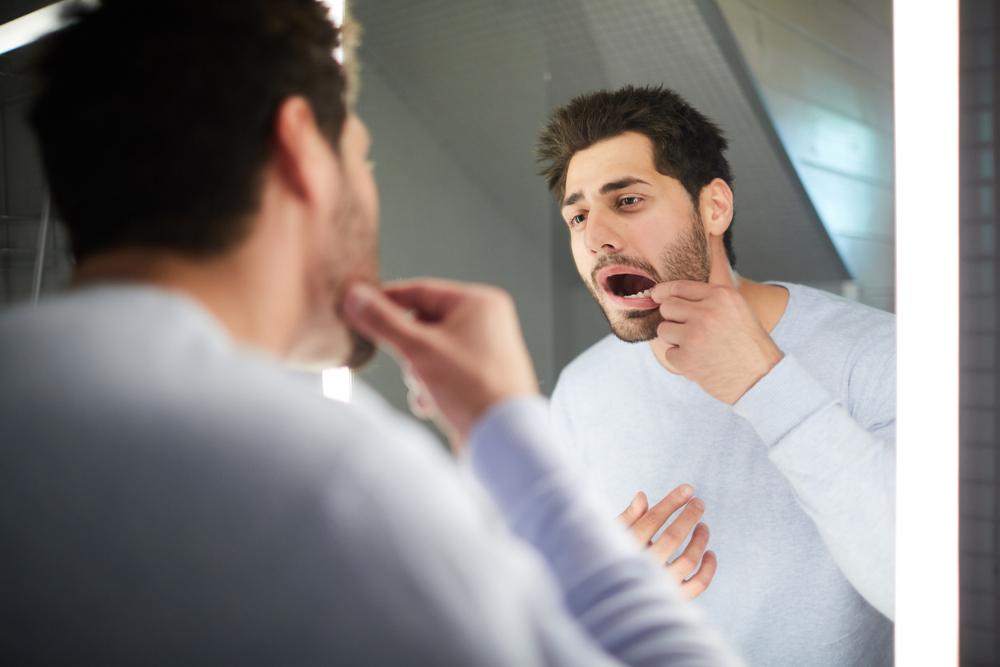Who cares about a loose tooth?
Do you think that if you have a loose tooth, the tooth fairy will leave you some cash or treats under your pillow? It may be due to this type of memory that some people don’t worry about a loose tooth.
Although there might not be a basis for concern, getting it looked out is extremely inexpensive. In addition, it may be something that requires some professional assistance. Each of our teeth is secured in its position by bone and soft tissue. This may occasionally be unhealthy or damaged, which causes the support to disintegrate and let our tooth or teeth shift. Daily eating habits can exacerbate it, and a loose tooth will, of course, make it simpler for bacteria to infect the gums and cause gum disease.
What other signs are a cause for concern?
When you brush, there can be blood or your gums might swell. Your gums could be reddish rather than a healthy pink, which you might not notice. It may seem reasonable at the time to skip routine dental or oral hygiene appointments. Life is hectic and frequently far more entertaining than going to the dentist! However, we also invite bacteria into our mouths if we let plaque and tartar grow there. A timely expert intervention gets us back on track and, hopefully, guarantees that any disease sign is found and treated before it becomes incurable.
What are the causes?
In addition to skipping dentist check-ups, avoidable tooth problems include improper or irregular brushing and flossing. Plaque, which carries bacteria and amasses below the gum line, becomes tartar.
What will my dentist do to treat my loose tooth?
An x-ray will be required to check for bone loss if your dentist can measure that there is more than 3 mm of space between your teeth and gums. You may need to have your teeth professionally deep cleaned (scale and root planning) to get rid of any plaque that has built up, ideally before it hardens into tartar. If there is an infection, your dentist might recommend antibiotics.
What other treatments might be necessary?
Fortunately, there are numerous ways to support the improvement of your oral health.
These consist of: After scaling and root planning, the gum is reattached after being pulled back using a flap procedure. Bone grafting is a procedure that replaces damaged bone and appropriately supports the teeth by using bone from another section of the body. To unite two teeth for improved support, use bonding. Bite correction involves shaving off small quantities of enamel to realign the tooth’s surface. (Best suited if the cause is crushing one’s teeth.) Bridges or implants are typically necessary when a tooth is severely loose. Another option for stopping teeth grinding is to wear a mouth guard while you sleep so that your upper and lower teeth do not come into contact.
Making an appointment with your dentist as soon as you detect a tooth is loose is the finest advice anyone can give. This will give you the best chance to prevent future surgery, expensive treatments, and protracted courses of care.
Inform the staff if you are extremely anxious about going to the dentist. Dentistry has advanced significantly and now acknowledges that some of us experience dread or anxiety before receiving treatment. Your confidence in your dentist can be rebuilt, and there are techniques to assist you.
For more information please contact Langley Dental.



